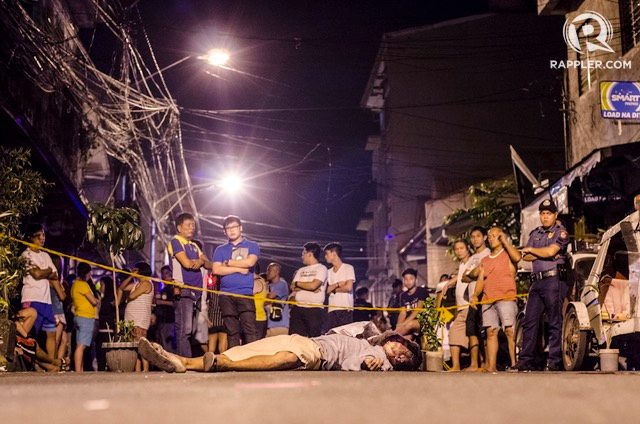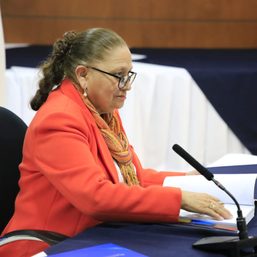SUMMARY
This is AI generated summarization, which may have errors. For context, always refer to the full article.

MANILA, Philippines – A Senate bill seeks to require a mandatory autopsy on crime victims and those who died under “mysterious and suspicious circumstances.”
Senator Francis Pangilinan filed Senate Bill No 1307, seeking to compel forensic autopsies on the victims’ remains to determine the cause of death, as well as the perpetrator of the crime.
The proposed measure comes amid the administration’s war on drugs, which, as of January 31, 2017, has claimed over 7,000 deaths both from legitimate police operations and vigilante-style or unexplained killings.
In the bill, forensic autopsy is defined as the “complete examination of the dead body, suspected of being the victim of foul play, principally for purposes of determining the identity of the deceased, approximate time of death, the direction and proximate cause of death.”
“By compelling forensic autopsies, the State can accomplish what the deceased can no longer do – point the finger at the perpetuator of the crime. After all, while dead men tell no tales, dead bodies certainly do,” Pangilinan said in the bill.
Pangilinan said the measure, if passed into law, could help in the efficient administration of criminal justice.
Evidence obtained, he added, could be useful in reconstructing the crime scene, which could assist investigators in determining the real cause and circumstances surrounding the death.
Senate Bill 1307 seeks mandatory autopsy in 12 instances, including:
- Deaths resulting from commission of crimes
- Deaths occurring under suspicious circumstances
- Deaths occurring as a result of violence or trauma; any death wherein the body is unidentified or unclaimed
- Deaths known or suspected as due to contagious disease and constituting a public hazard
- Deaths occurring in prison or a penal institution or while in the custody of the police
- Deaths of persons whose bodies are to be cremated, buried at sea, or otherwise disposed of, to be unavailable for examination
Under the bill, results of autopsies shall remain confidential to the investigating body and to the next of kin except upon court order.
“Layunin nating makamit ng mga biktima ng krimen at ng kanilang mga pamilya ang katarungan (We wish justice for crime victims and their families),” said Pangilinan, president of the Liberal Party. – Rappler.com
Add a comment
How does this make you feel?


![[WATCH] Try This: Empanada Salteña from Argentina](https://www.rappler.com/tachyon/2023/04/try-this-empanada-saltena-argentina.jpg?resize=257%2C257&crop=765px%2C0px%2C1037px%2C1037px)


There are no comments yet. Add your comment to start the conversation.